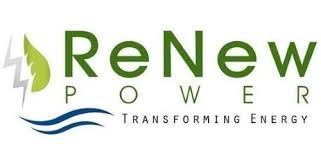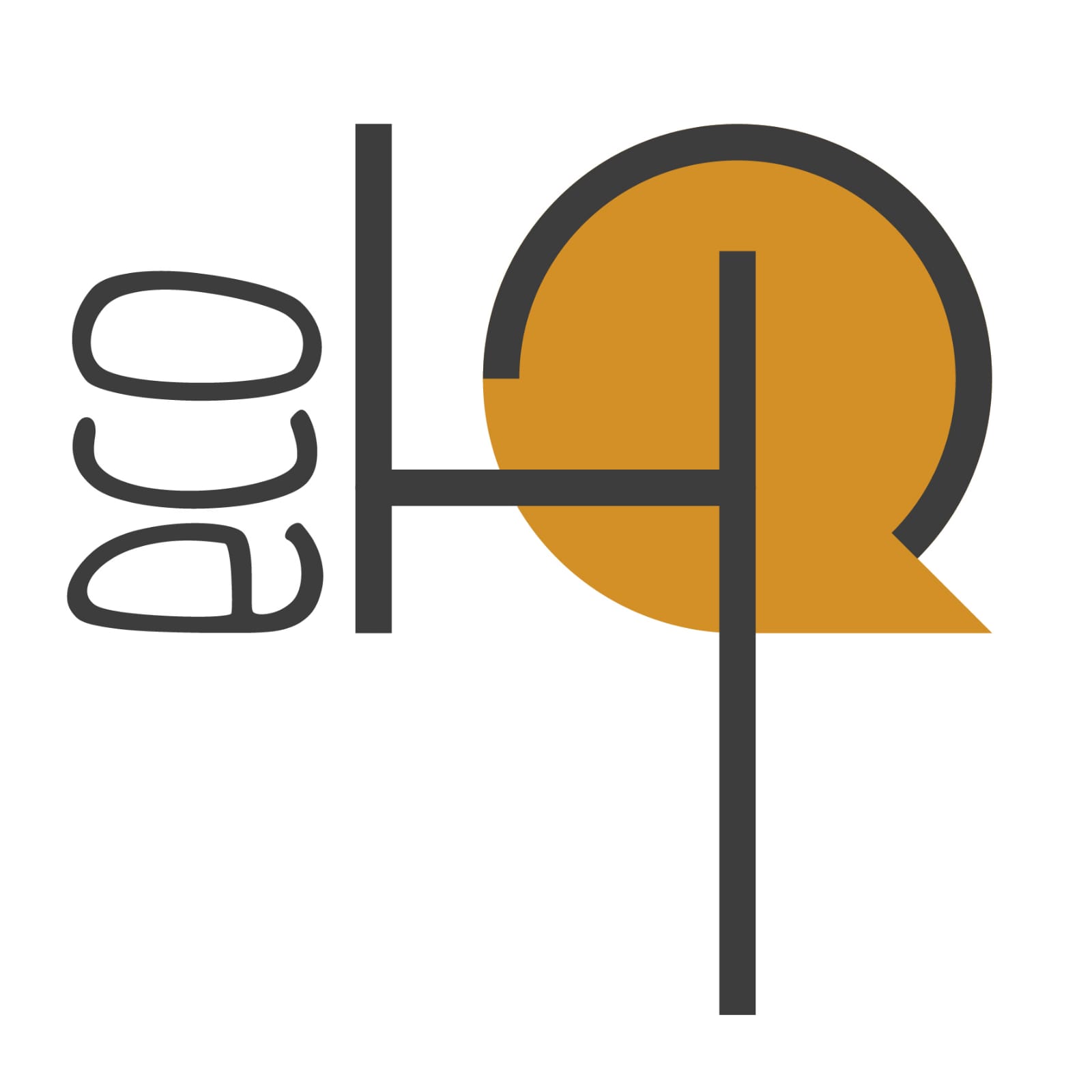ReNew Power won the bid at the lowest quoted tariff of Rs.2.9/kWh
India’s first ever tender for supplying round-the-clock renewable electricity was finalized this week.
ReNew Power won the bid at the lowest quoted tariff of Rs.2.9/kWh. The entire capacity of the project of 400 MW was sanctioned to ReNew Power. Other bidders were Greenko, Ayana and HES Renewables.
The Ministry of New and Renewable Energy (MNRE) has a draft policy which defines round-the-clock renewable power. This is bundled power which is a mid of renewable and thermal power. This concept ensures that electricity is generated 24/7 as opposed to the intermittent generation of power by stand-alone renewable energy plants.
“RE power may include solar, wind, small hydro, or a combination thereof, with or without any Energy Storage System (ESS). The option of selecting the type and mix of RE sources and the usage of ESS shall be with the generator,” said the ministry.
The auction followed the reverse bidding process and was run by SECI (Solar Energy Corporation of India). The auction was for 400 MW capacity, and the tariff concluded was much less than the tariff charged by NTPC (National Thermal Power Corporation) for coal-fired power. The tariff is also much cheaper than the amount DISCOMS (distribution companies) pay to buy power from the open market or gas-fired power plants. DISCOMS pay almost Rs.6 per unit to procure power from utilities at the moment. SECI is the nodal agency under MNRE that floats tenders in renewable energy in the country.
The tariff of Rs.2.9 per unit in this tender will escalate by 3% year on year for the next fifteen years, which makes the average tariff of the project around Rs.3.6 per unit. Greenko’s lowest bid was at Rs.2.91 per unit, just one paisa less than that of ReNew Power. This tariff that concluded in the backdrop of India’s fight against COVID-19 has demonstrated the renewable energy industry’s resilience to the economic impact of the pandemic.
According to the tender, a mix of renewable sources of energy can be used, including solar, wind, small hydro and storage, to generate green power round the clock (RTC). This is a threat to fossil-fuel or coal powered plants that had an edge over clean energy, since renewables were constantly battling the issue of intermittency. The concept of power bundling makes renewables all the more viable and formidable, giving fossil fuel based energy a run for their money.
The SECI tender was floated in the end of March this year, just before the country went into a coronavirus pandemic induced lockdown that begun to weaken investor sentiment. Despite these issues, renewables have emerged resilient and have also outrun coal in many developed nations around the world.
The environmental impact of lockdown has had a profound impact on the minds of the populace who are slowly realizing the impact clean air has on the quality of life, health and overall wellbeing of an individual and a nation. If these motivations are insufficient to speed up the clean energy transition, the impact of clean air and a healthier population on the GDP of countries should be enough for governments and nodal entities to take this nudge seriously and make clean energy a core aspect of policy changes in a post-COVID world.
Image Credit: PR NEWSWIRE














Add Comment